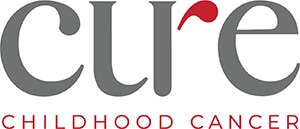By now, we’ve all become familiar with the signs and symptoms of COVID-19, as well as the steps the average person should take to prevent the disease. Since the population that CURE serves is among the most vulnerable, we have compiled advice for parents who have children fighting cancer.
Many chemotherapy medications and targeted therapies used during a child’s cancer treatment can cause neutropenia, or depletion of the immune system’s white blood cells that fight infection. Because children with a weakened immune system may be unable to fight off the virus, parents should take steps to protect their children.
Experts recommend that everyone take common-sense precautions to prevent transmission of the new coronavirus. These precautions are nearly the same as the steps cancer parents take during flu season or when their child is neutropenic. Your medical team may offer other suggestions. As the situation is fluid, pay attention to emails and all other communications from your hospital.
If your child has prescription medications, try have a supply to last at least a couple of weeks and preferably a few months. The Food and Drug Administration is keeping track of medication shortages that may result from the epidemic. According to a recent statement, only one unspecified drug is now in short supply. No biological agents, such monoclonal antibodies or gene therapies, are made in China for the U.S. market, and there are no shortages. While it might be difficult due to insurance restrictions, try to get a 3-month supply or at the very least, renew your child’s prescriptions as soon as you are able.
Should I travel?
Most experts are encouraging cancer patients to stay off cruise ships and postpone air travel that isn’t directly related to their treatment. You should obviously follow the CDC’s travel recommendations – which are listed and updated here. When in doubt, ask your child’s oncologist.
What about school?
While the Aflac Cancer and Blood Disorders Center of Children’s Healthcare of Atlanta is not recommending children stay home from school or avoid school group activities at this time, they understand that you know best. If you choose to keep your child home from school, they will support you by providing medical documentation that may be required by your school system. The same situation should apply at your treating hospital. You can read their full recommendations here.
What if a family member develops symptoms?
“Your family is important and you don’t want to avoid them, but if someone in your household gets sick, use some social distancing,” said Dr. Steve Pergam, infectious disease expert at the Fred Hutchinson Cancer Research Center. “Wear gloves, have them sleep in a different room if you can, make sure you wipe down areas with some sort of bleach wipes and keep washing your hands regularly. That’s really important.”
It’s also crucial not to bring a sick family member into your cancer treatment center.
“We need less people who are ill, not more,” Pergam said. “You don’t want someone going in with you even if they only have minor symptoms.”
Finally, he said it’s important to bring just one caregiver with you to treatment, not your entire family.
Should cancer patients (and survivors) avoid public transportation and events?
Pergam said people currently in treatment should avoid taking public buses or trains if at all possible. But he also acknowledged not every family can afford Lyft or Uber or some other rideshare service.
“Talk to your care team about what options exist to support you getting there without taking public transportation,” Pergam said. “Some hospital systems have services set up for patients.”
If you have no choice but to use the bus or a train, take precautions and distance yourself from others.
“Protect yourself,” Pergam said. “Sit in the back of the bus or other areas with less exposures and if you see someone who seems ill, coughing, move away.”
Pergam said cancer patients a few years out of treatment “should be OK,” but whenever possible should also avoid crowded buses or trains.
“If you have to get on a bus, practice distancing,” he said. “Or stay home if you can. It increases your risk when you are in public spaces.”
As for other public gathering places, Pergam again advised caution. Instead of going out to a movie, watch something at home instead, he said. Get take-out or delivery from your favorite restaurant instead of showing up in person. Or cook at home. Many grocery stores offer delivery service. You can even ask your pastor if they can set up a computer so you can go to “virtual church.”
“This doesn’t mean you have to be a hermit, just limit close interactions, particularly in public spaces,” he said.
Read the entire article here.
It is important during this time to stay in communication with your cancer team and keep up to date on new developments. Talk to them if you have questions or concerns, especially if you have new symptoms or were recently exposed to someone who is ill. While this could be a prolonged process, the best thing you can do is to monitor your child’s health and protect your family.
The following sources were used to compile this article. All are being updated frequently – bookmark them and refer to them as often as necessary.
Aflac Cancer and Blood Disorders Center of Children’s Healthcare of Atlanta: COVID-19 and Oncology/Immunosuppression
Diane Maples, Fred Hutch Cancer Research Center: Coronavirus: What Cancer Patients Need to Know
Liz Highleyman, Cancer Health: What People With Cancer Need to Know About the New Coronavirus
Miram Falco, American Cancer Society: Common Questions About the New Coronavirus Outbreak




